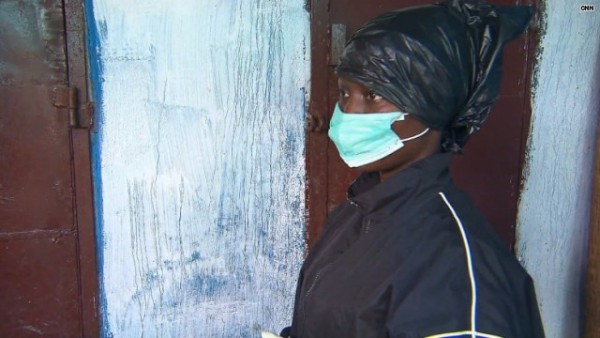
A 22 year old African woman named Fatu Kekula, nursed her whole family who had Ebola Virus Disease without being sick herself. Three out of four relatives (25% death rate) survived the disease which is higher than the Ebola death rate of 70%. She used trash bags to protect herself making her able to take care of them and give supportive care to her mother, father, sister and cousin.
Fatu is taking up nursing and is in her final year during the emergence of Ebola outbreak. She single-handedly nursed her family. With all of her efforts however, her 14-year old cousin passed away.
According to CNN News, the woman did not have the proper gear for protection and she improvised her own by using garbage bags. Consequently, she did a good work by not having herself infected and was able to take care of them. Meanwhile, 300 health care workers got infected with the disease even if they had all the protective gear.
Today, she is teaching it to other communities in West Africa specifically Liberia where she lives. By doing this, the infection rate of the disease may be controlled and lessened.
Fatu covered herself with layers of trash bags and a rain coat to make sure she is properly protected. She wore a garbage bag on her socks and tied it to her leg. She then wore a rubber boot and covered it again with trash bag. She covered her hair with a stocking and a trash bag while on her body; she wore a rain coat and four layers of gloves on her arms. After that, she made sure she wore a mask.
According to her, it was a tedious activity for she does it for many times a day for about two weeks until her family recovered. Many health officials say that hospitals are the best place to treat patients because they have all the protective garments. However, in Africa, most of those are not available. Hence, it was up to the family members to take care of each other.
For Fatu, that experience paved way for her to practice what she learned from school. After being turned down many times by various hospitals, she had no choice but to take care of her father and family members by herself. She talked to a local doctor on the phone and was given medicines in the local center. She started their intravenous lines and nursed them for two weeks.
With the outbreak out of hand and many health care providers dying from the virus, using protective gear, may it be improvised or not, is a big help to take care of patients.

